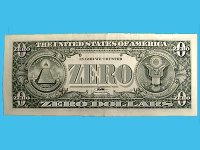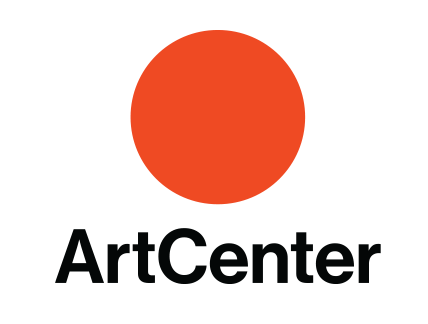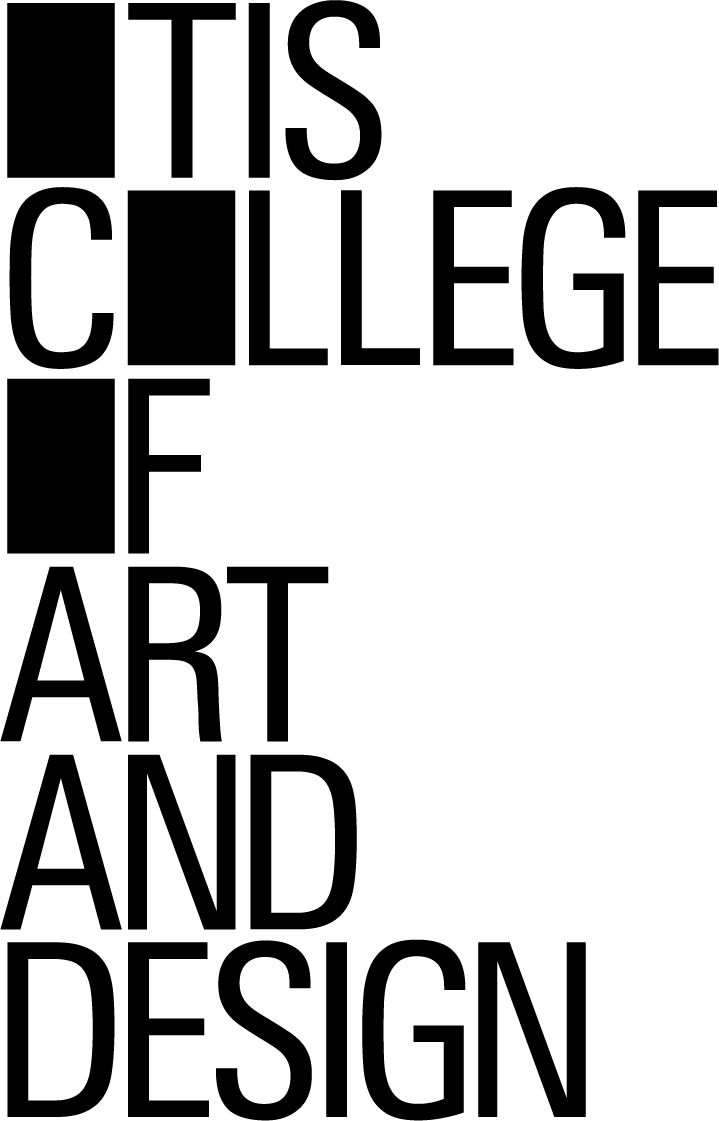Blog Archives
A Dirty Little Secret Of The Game Industry: Royalties
 Many game studios develop games for publishers through an early stage development agreement: the studio pitches a publisher on a game that it wants to make and if the publisher greenlights the deal, the publisher funds the game’s development by paying advances to the studio in addition to paying royalties from sales of the game. Now, when negotiating the terms of such an agreement, a studio might be tempted to think, ““We’ll cover all our costs with the advance and then wait for profits when the royalties come rolling in.” Well, here’s a dirty little secret of the game industry: most developers never receive a dime in royalties.
Many game studios develop games for publishers through an early stage development agreement: the studio pitches a publisher on a game that it wants to make and if the publisher greenlights the deal, the publisher funds the game’s development by paying advances to the studio in addition to paying royalties from sales of the game. Now, when negotiating the terms of such an agreement, a studio might be tempted to think, ““We’ll cover all our costs with the advance and then wait for profits when the royalties come rolling in.” Well, here’s a dirty little secret of the game industry: most developers never receive a dime in royalties.
Consider a AAA console game that players buy at a retail store for $60. Let’s say that the studio negotiated a 20% royalty. That royalty is computed after a number of expenses are deducted from that sale.
- Around $12 going to retail store (GameStop, Walmart, Best Buy, etc.)
- Around $12 going to the console manufacturer (Sony, Microsoft, etc.)
- If the publishers used another distributor for selling the game, a cut for that distributor.
- 5% or whatever was the cost of goods were for manufacturing the box, manual, disk, etc.
- Freight and insurance for shipping the product to stores.
So, when all is said and done, the studio is not receiving 20% royalties on $60, but maybe on $30 or less. So, in this example, the studio is receiving only about $6 on that $60 game.
But wait! Usually the publisher paid the studio advances against royalties to fund that game’s development, often millions of dollars in advances. So, the studio doesn’t receive royalties until the publisher recoups the advances from the royalties.
So let’s say a game cost $10 million to develop. The the game must sell enough for the game to earn $10,000,001 in royalties (not sales) before the developer receives their first $1 in royalties.
The reality is that most games never sell enough for a studio to see any royalties. They earn money through the advances to cover their development costs, but rarely do they generate any profits for the studio that made it.
So, what’s studio to do? One thing is to try to negotiate sufficient advances so that the studio can survive long enough to gain another development contract just to stay in business. Or it can try to negotiate an escalating royalty based on sales so that the better a game sells, the higher the royalty the studio receives.
Another approach is to try to develop as much of the project as it can on its own dime; the more complete a game is when a studio approaches a publisher, the better the terms it can negotiate. Of course, the ideal situation is for the studio to publish the game itself.
No, I Will Not Work On Your Game For Free!

Today I received my first check from a client for whom I am doing gamification and project management consulting. We had agreed that I would be paid a set amount every two weeks as payment for twenty hours of consulting per week, and on the first day of the third week, he handed me a paycheck. No invoices. No delays. No discrepancies. No arguments. It was amazing!
But why should it be amazing? Isn’t that the way it’s supposed to work — the way that we agreed on?
Unfortunately, consultation and other freelance work often doesn’t work out the way it was agreed on.
Last year I worked as a subcontractor for a company that was engaged to design and iPad app for a client. I performed my work on the project, and the client paid the contractor for whom I had worked. However, the contractor was in deep debt due to other projects suddenly being cancelled and wound up using the money paid for the iPad app I worked on to other subtractors from previous projects to whom he owed money. The contractor keeps telling me me that he plans to pay me when he has the money, but after a year or so, my hopes aren’t high.
Look, the game business is volatile, and stuff happens. I’ve been laid off enough times from full-time jobs at financially-strapped companies to understand that. Even well-intentioned employers and contractors can’t always fulfill their obligations on time.
But then there’s the client for whom I worked about six months ago. He ran a start-up company, and like the client I’m working for now, wanted a gamification expert to improve his app’s engagement and loyalty. We negotiated a bit, and we eventually agreed that I would be paid a discounted rate monthly until he was fully-funded and then my full-rate after he was fully-funded. Before signing the agreement, I asked him how he was funded currently, and he assured me that he was self-funded sufficiently until we developed an MVP of his app, which he would use to get full funding.
I consulted with him for a month and then sent him my first invoice. After the invoice arrived, he called me to say that he was holding an urgent meeting with everyone involved with the project first thing in the morning. The next day, everyone else arrived, wondering what was so urgent. Last to walk in was my client, who began the meeting by saying, “I want to thank everyone for deferring payment until we get funded…” I immediately resigned from the project, as deferred payment was not one of the terms of our agreement.
While contractors often wind up inadvertently working for free due to unfortunate circumstances, there are those out there who expect people to work for them for free, apparently thinking that the world should feel obligated to support their hopes and dreams. I’ve lost count of the times I’ve been asked, “Where can I find programmers and artists to work on my project for free, and then I’ll split the revenues with them when it launches?”
Work is usually only worth what you pay for it, and I can promise you that I’m going to be continue putting in my very best effort to the gentleman who paid me on time. In fact, I’ll do everything I can to ensure that he concludes that it was the best investment he ever made.





